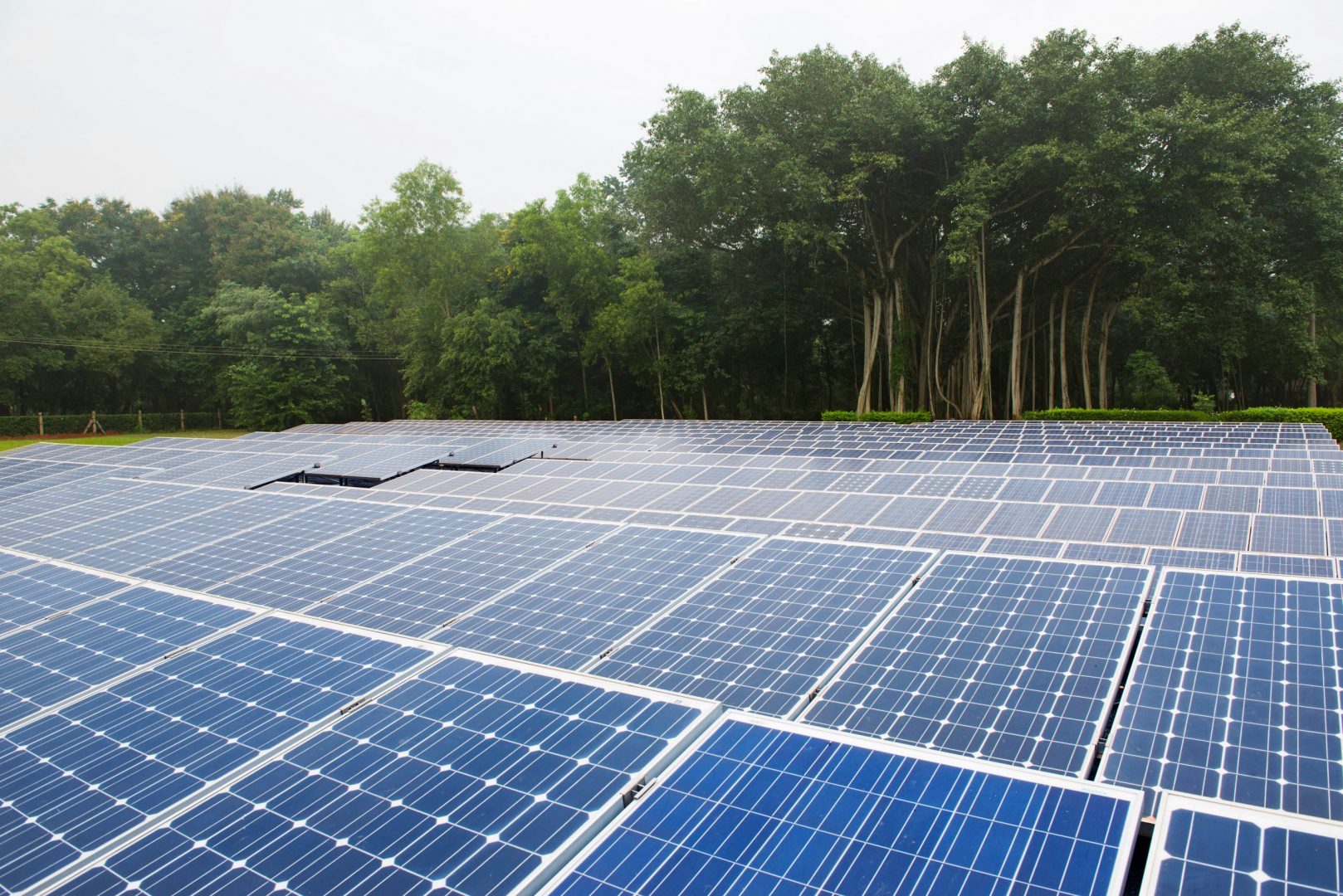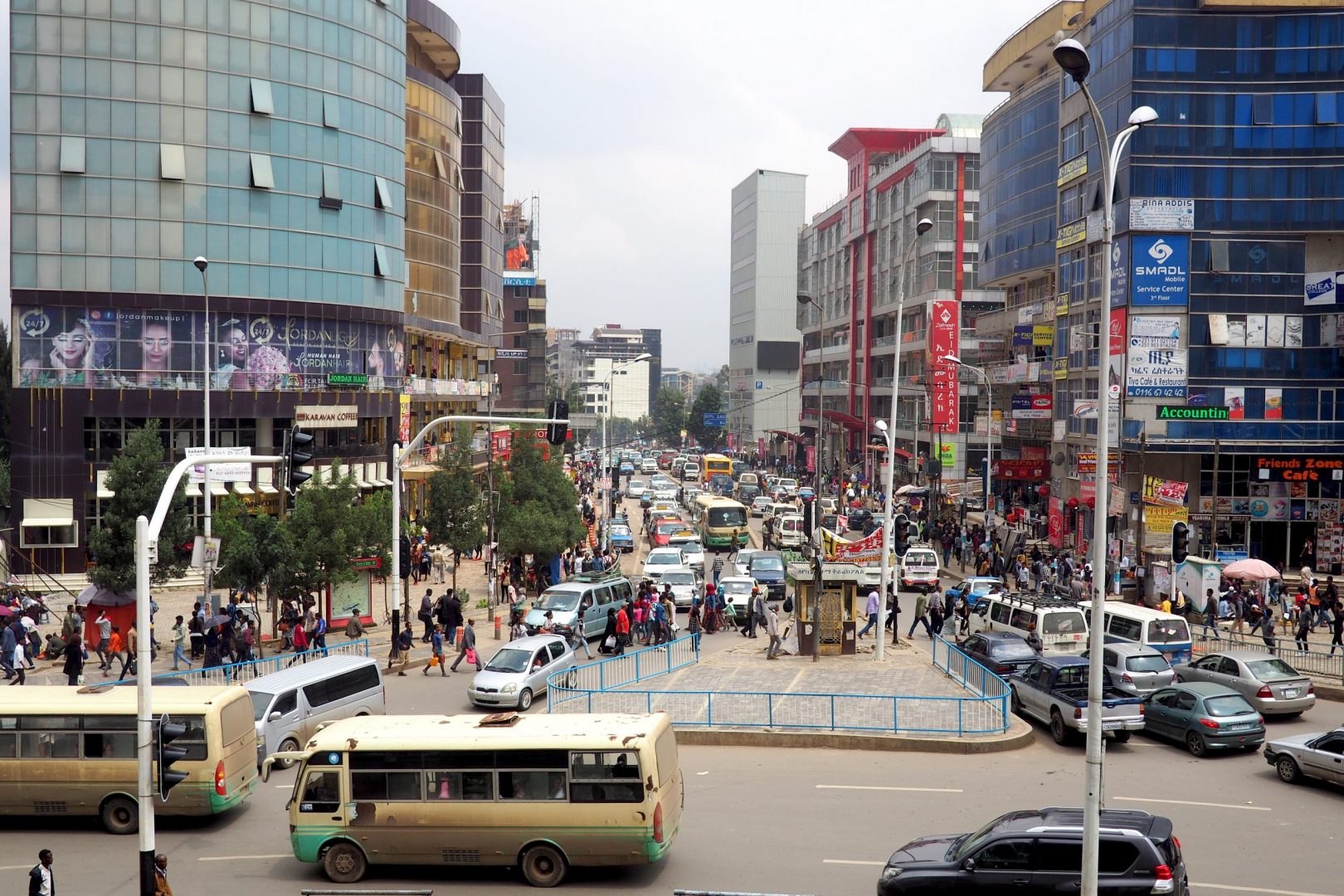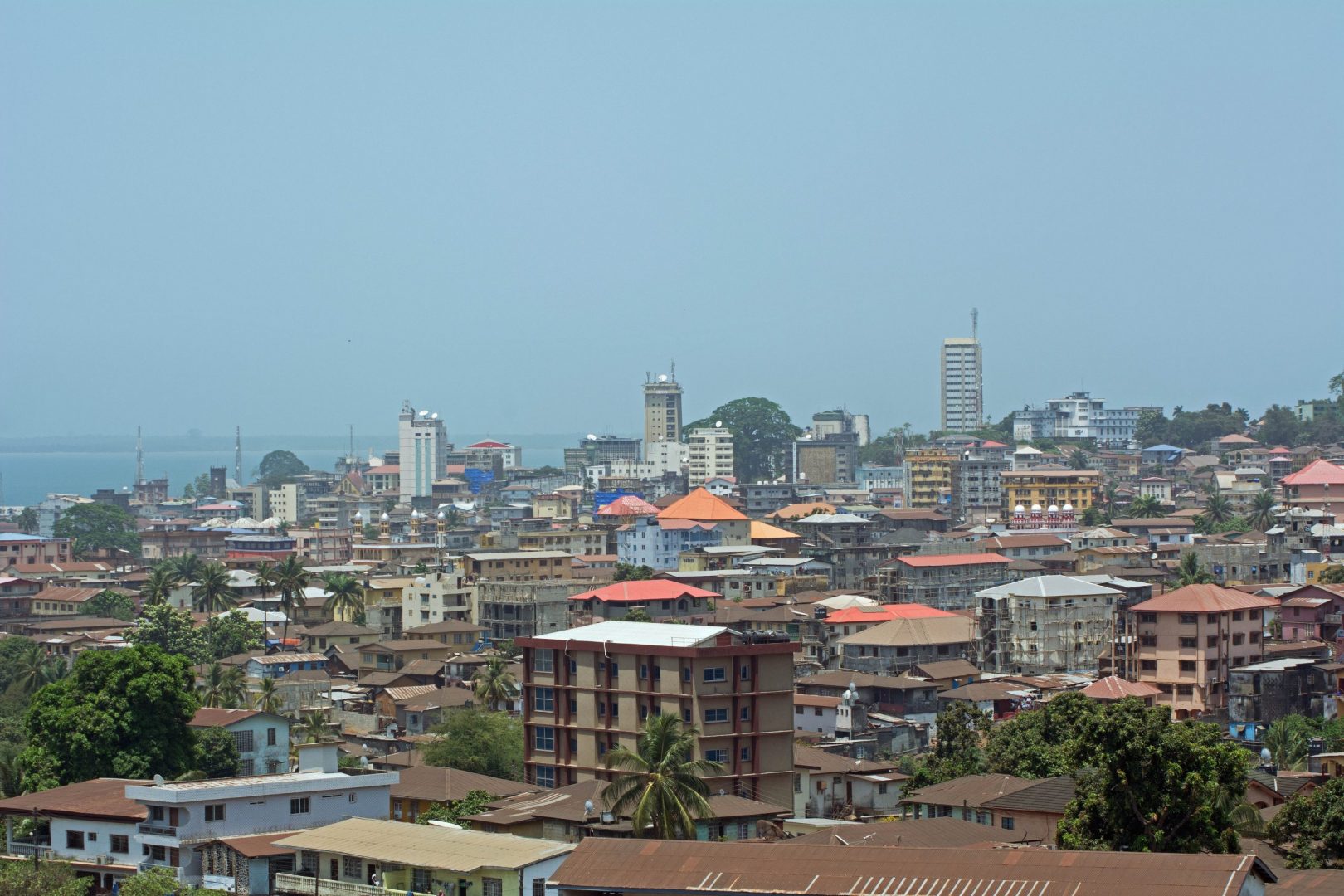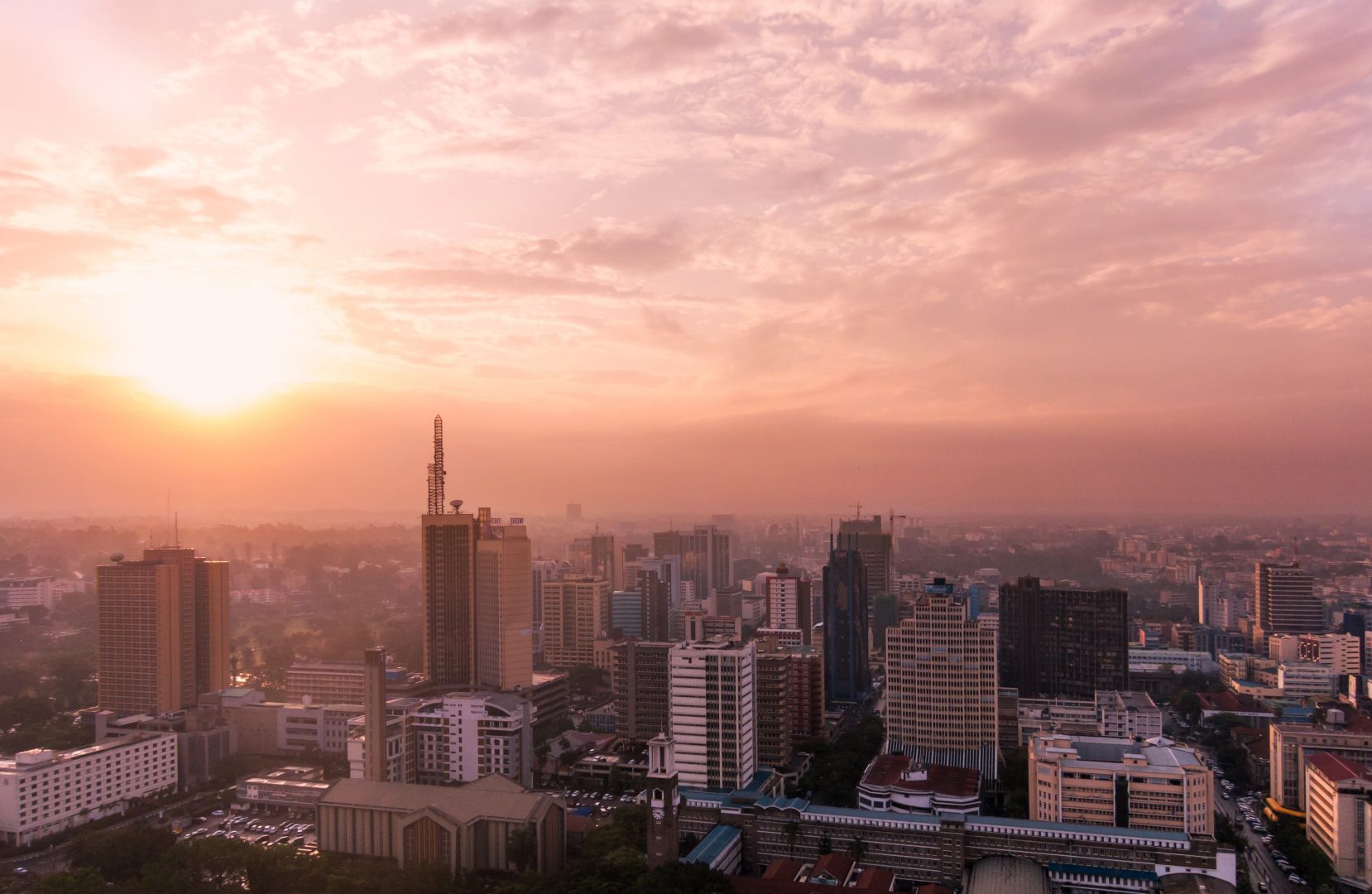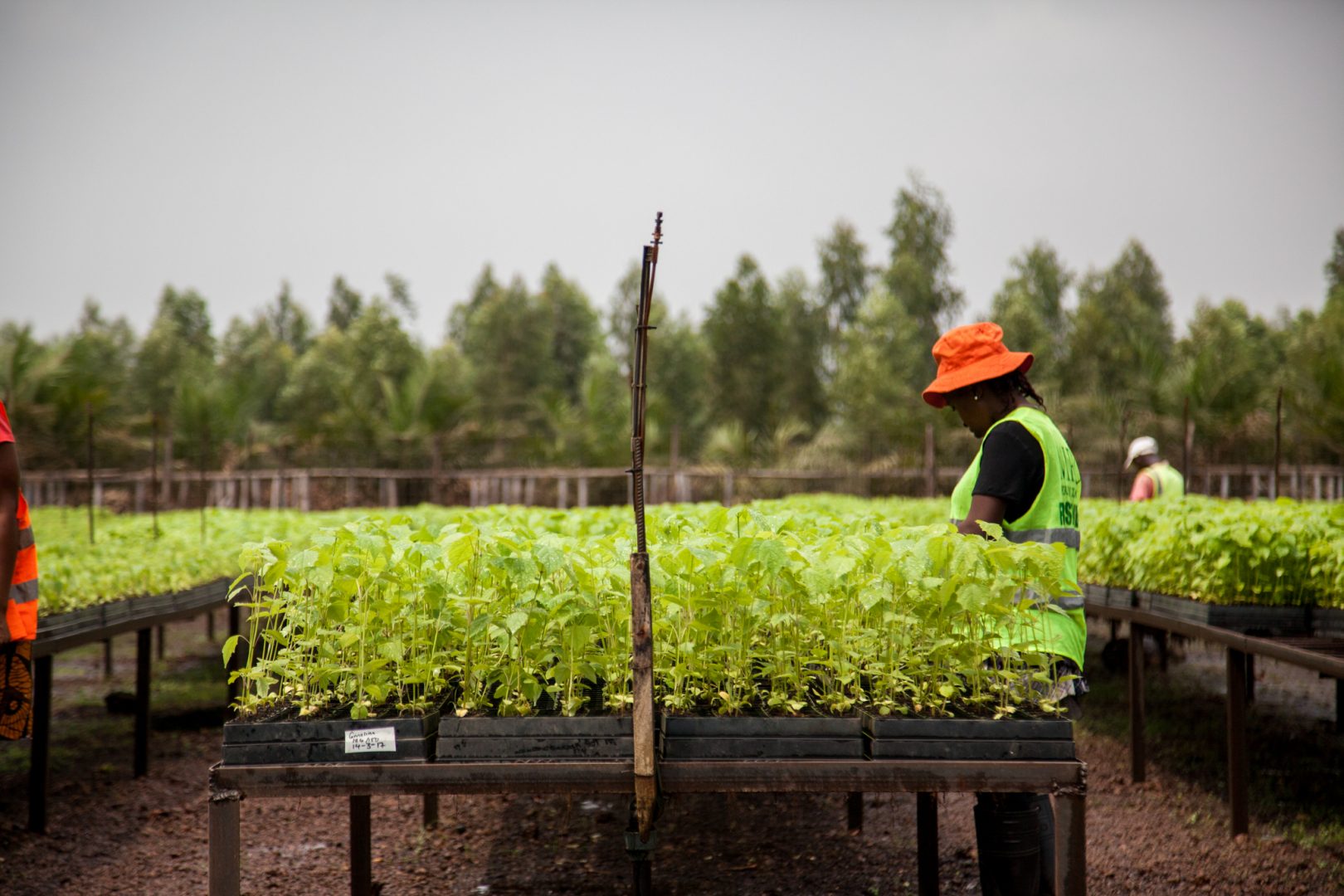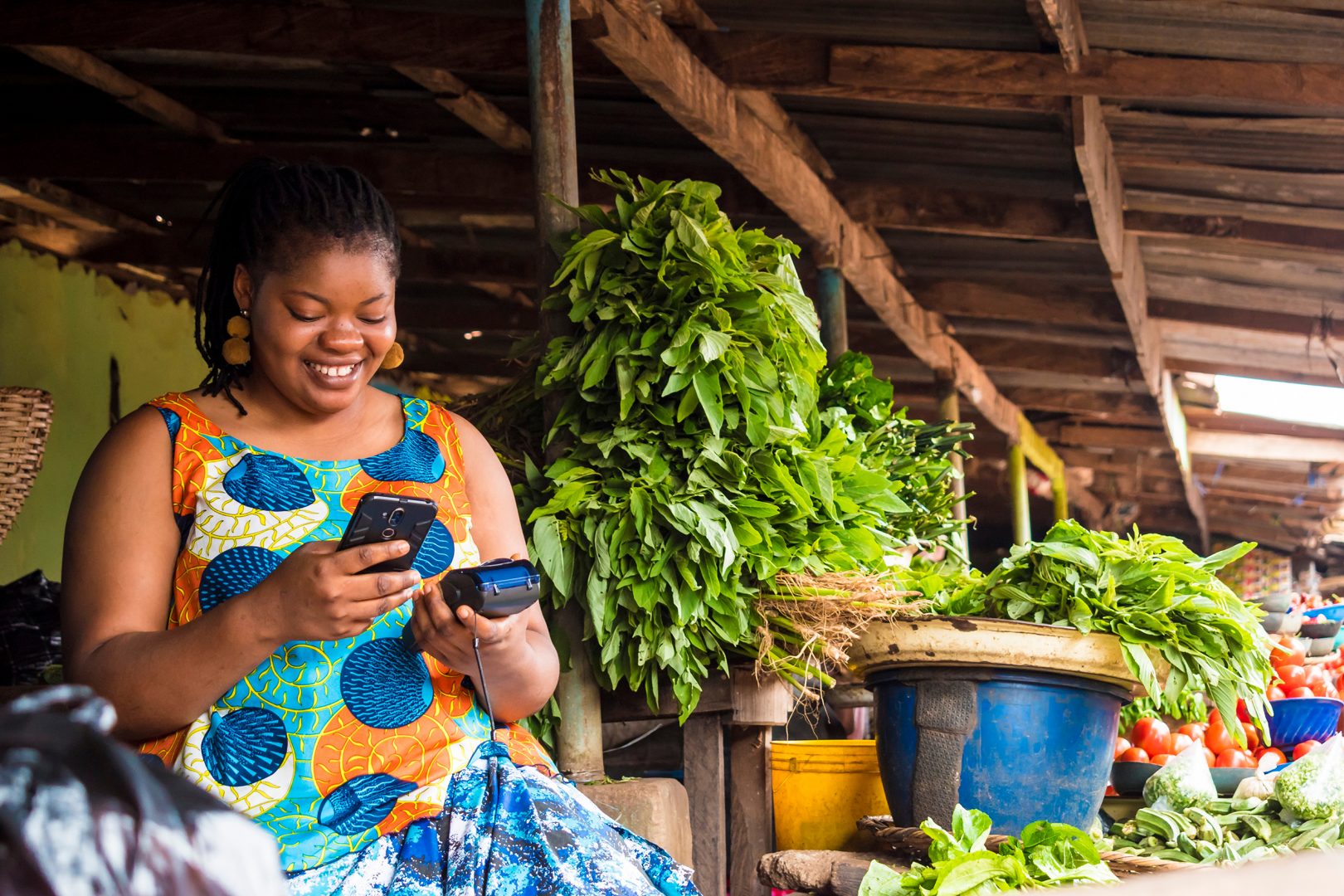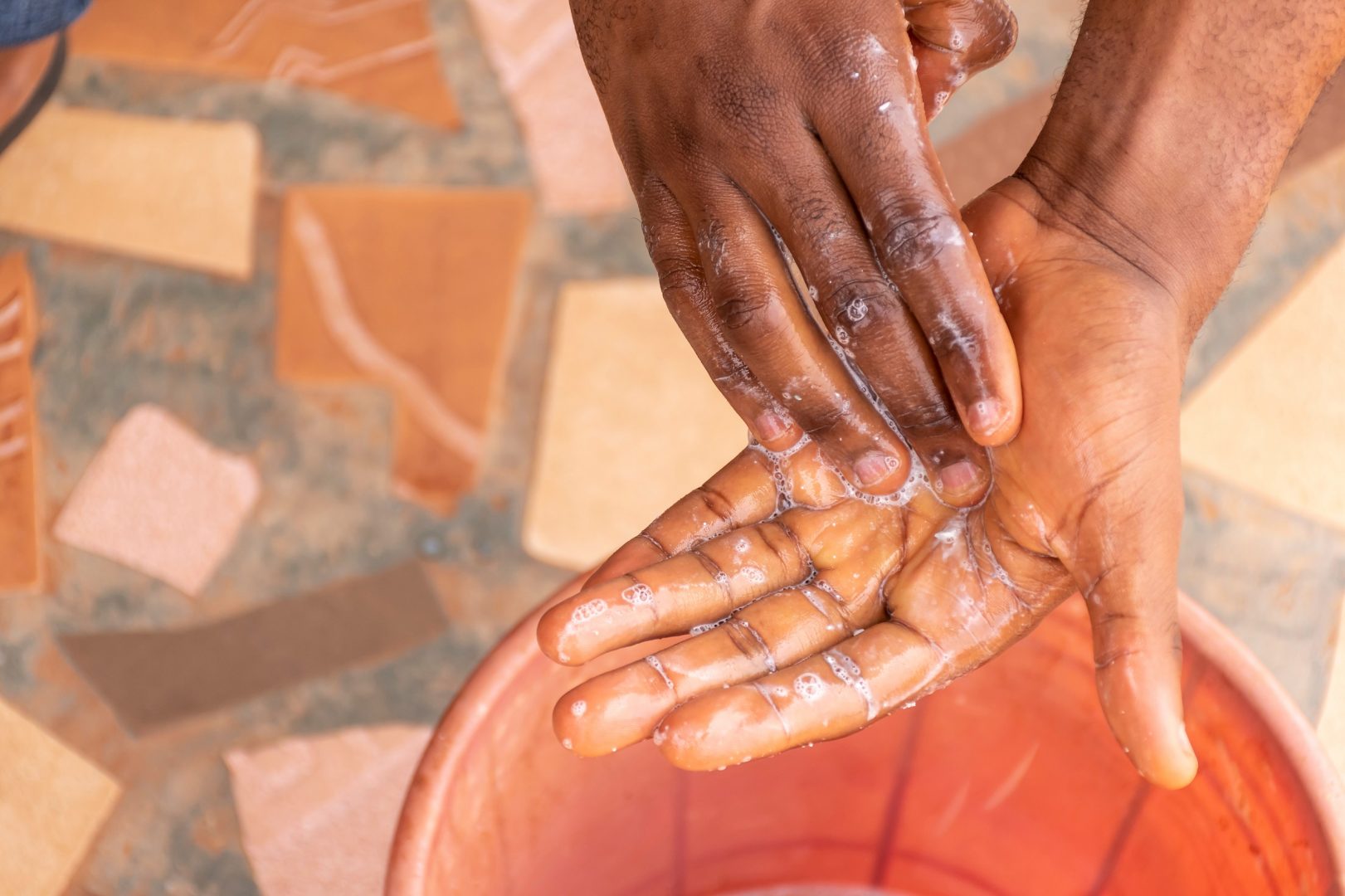Med Access has rapidly responded to the pandemic, stepping up its coordination with pharmaceutical companies and UN agencies to enable COVID-19 products to be procured for those in need. MedAccess has innovation at its heart and it will unearth ways in which financial guarantees can accelerate the supply of essential products such as PPE, oxygen and diagnostics.
When future generations chart the COVID-19 pandemic, they will note that ‘business as usual’ was set aside to protect lives.
Unprecedented collaboration between science, industry and government is driving new vaccine development at record speed. Chinese scientists shared the virus genome within days. Anti-viral treatments are being tested in weeks rather than years. And finance ministries have adopted fiscal stimulus packages which utterly defy decades of economic orthodoxy.
Through collaboration, innovation and investment, we may have treatments and vaccines against coronavirus in record time. However, history will judge our generation on how quickly these medical advances reach people living in the poorest parts of the world.
Uncharted territory
We must not shy away from the fact that there will be hard, politically wrought decisions. We are in uncharted territory for global health at a time when nationalist governments are rejecting international cooperation.
Initially, it is likely there will be too few doses to go around and governments will be under pressure to ensure their citizens are first in line to receive them. It is easy to imagine that wealthier countries may deploy their bargaining power to divert supplies from low-income countries.
So people living in isolated or low-income countries may find themselves last on the list to receive much-needed supplies to fight the pandemic. Strong international coordination is required to ensure that products don’t just reach those with the deepest pockets.
How can this be prevented? Match supply with demand as quickly as possible, ideally through a globally coordinated mechanism. Put in place a system for fair, transparent, and evidence-based decisions on how supplies are allocated, with an assurance of affordable prices for low- and middle-income countries. Use smart financing to build confidence, reassuring manufacturers that they will be paid and ministries that they will get the timely supplies they need while long-term finance is arranged.
Beyond “business as usual”
Innovative financing tools, such as pooled funding, demand aggregation, advance purchase agreements, volume guarantees, and leveraging balance sheets will be critical to rapid procurement and deployment of coronavirus medical products. A crisis of this scale requires creative thinking. In the same way that scientists and politicians have ditched business as usual to respond to the pandemic, financing institutions should do the same. We need to be willing to do ‘whatever it takes’.
This will mean taking new risks while maintaining the highest standards of rigour. With the bleak projections for the post-COVID-19 economy, smart finance can build diverse partnerships to leverage commitments and spread risk. It is a good time to learn from existing tools, such as the International Finance Facility for Immunisation, and adapting them for the world that will emerge in late 2020 and beyond.
Understand, analyse, respond
There is a small window of opportunity to gather intelligence from manufacturers and countries about which tools will be most appropriate. We need to understand supply challenges, such as manufacturing capacity, and demand challenges, such as the impact of COVID-19 on the budgets of low- and middle-income countries.
Global health funding institutions already work with most low-income countries to provide treatments and vaccines. Innovative financing support will be vital to countries who do not qualify for such support but are still at a significant disadvantage on the open market.
The past three months will reshape how we think about global health; the next three months should reshape how we think about financing it. We have seen the academic and scientific communities, as well as pharmaceutical companies, move away from business as usual in the pursuit of medical products to tackle coronavirus. The challenge for all of us in innovative finance will be to take up the baton once these products are available.
By MedAccess Chief Executive Officer Michael Anderson
